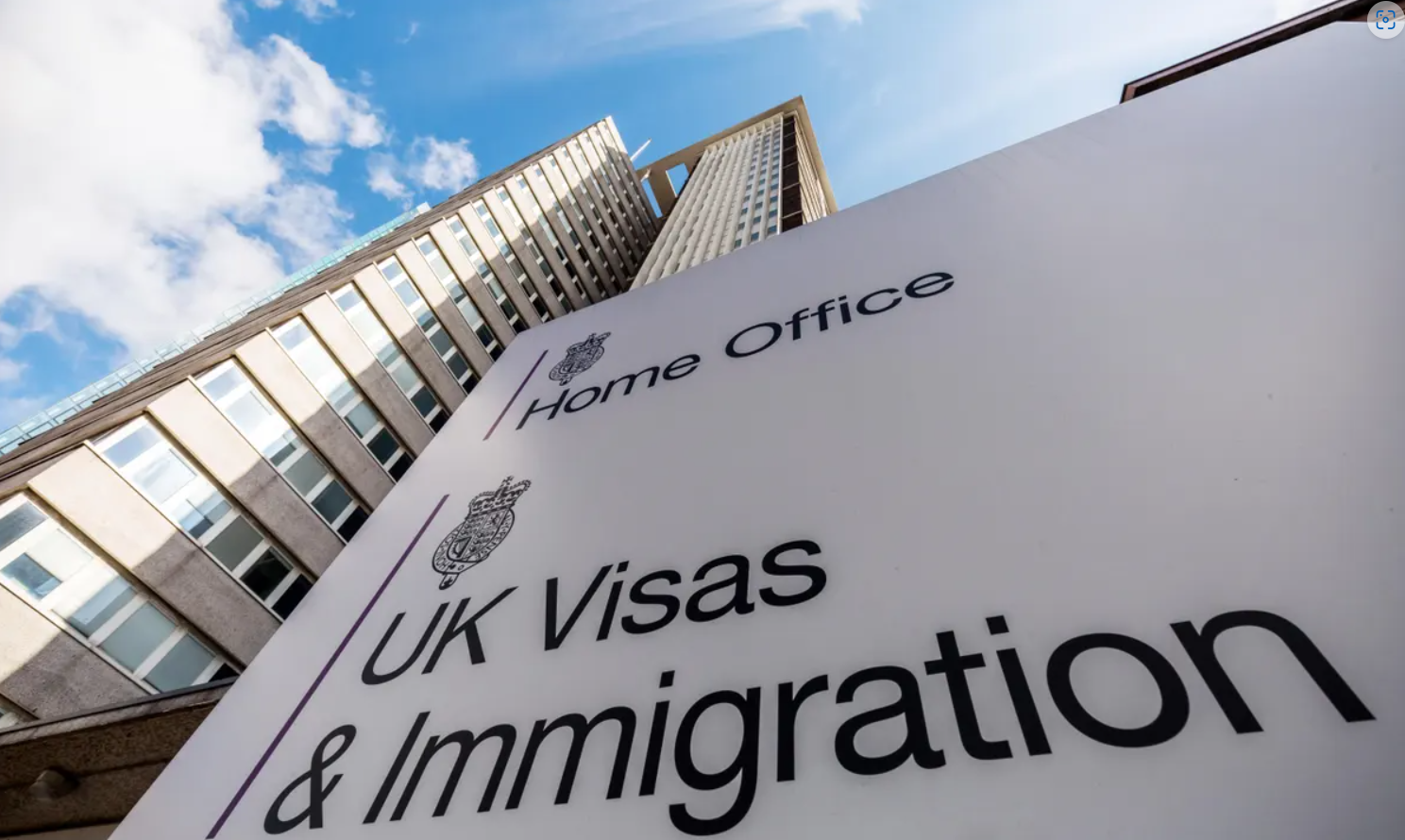
By Nokunceda Magagula
South Africans and emaSwati planning to visit the UK from October 4, 2023, will encounter substantially increased visa fees.
These upcoming changes and their implications for both nations, draw insights from Sable International.
In a recent announcement, the United Kingdom has outlined substantial increases in visa fees, set to take effect from October 4, 2023. These changes, introduced to fund public sector wage hikes, have garnered considerable attention, particularly among South Africans and emaSwati planning to visit the UK.
The revised visa fees reflect a significant financial shift for travelers. Notably, the cost of a standard 6-month UK visa will increase by 15%, rising from £100 (E2,299) to £115 (E2,644). However, the most substantial price surge is seen in the partner/spouse visa category, where fees will escalate by over 20%, climbing from £1,538 (E35,361) to £1,846 (E42,442).
While some visa categories, such as health and care visas and student visas, remain unaffected, the changes across other classifications signify a substantial financial adjustment for travelers. This shift has triggered concerns among immigration consultants, including those at Sable International, who advise applicants to proceed with caution, given that unsuccessful applications will result in a complete loss of fees.
As South Africans and emaSwati grapple with these impending financial adjustments, it is evident that the changes in UK visa fees will significantly impact their travel plans and budgets. This matter draws parallels with Eswatini, as both nations have citizens who frequently travel to the UK for various reasons, including tourism, education, and family visits.
Adding to the complexity of these changes, the Home Affairs Office has also announced an increase in immigration and nationality fees to come into effect on 4 October 2023. This announcement provides further insights into the costs associated with emigrating to the UK, affecting both South Africa and Eswatini.
UK visa application fees can vary widely depending on the type of visa you are applying for. If you are seeking a UK visa from abroad after the 4th of October 2023, you will need to be aware of the government fees associated with your application.
These fees are determined by the Home Office and are subject to change. In addition to the visa application fees, individuals planning to move to the UK for a period exceeding six months will also be required to pay the Immigration Health Surcharge (IHS). This surcharge is a crucial part of your application, as it grants you access to the UK’s National Health Service (NHS) upon your arrival.
The IHS is a prepayment made alongside your visa application. The amount you are required to pay is contingent on the specific visa category you are applying for and the duration of your stay in the UK. Currently, the fee stands at £624 per year. However, it is slated to increase to £1,035. To illustrate, if you are applying for an Ancestry visa, which grants a validity of five years, you will need to make an upfront payment of £5,175 as part of your application.
It’s important to note that students and applicants under the Youth Mobility Scheme are eligible for a discounted IHS rate. Nevertheless, even these reduced rates are set to rise, increasing from £470 to £776 per year. Therefore, it’s essential for individuals in these categories to consider these changes when planning their immigration to the UK.
In light of these changes, it has become more crucial than ever to ensure that your visa application is accurate and complete. Every year, numerous visa applications are rejected due to incorrect information or missing documents. The Home Affairs office, including Sable International, will retain your visa fee whether your application is accepted or denied.
To avoid the risk of financial loss and potential delays, it’s imperative to ensure that your application is meticulously prepared and that all required documents are included.The upcoming adjustments in UK visa fees and the Immigration Health Surcharge have considerable implications for South Africans and Swazi’s planning to travel to the United Kingdom.






